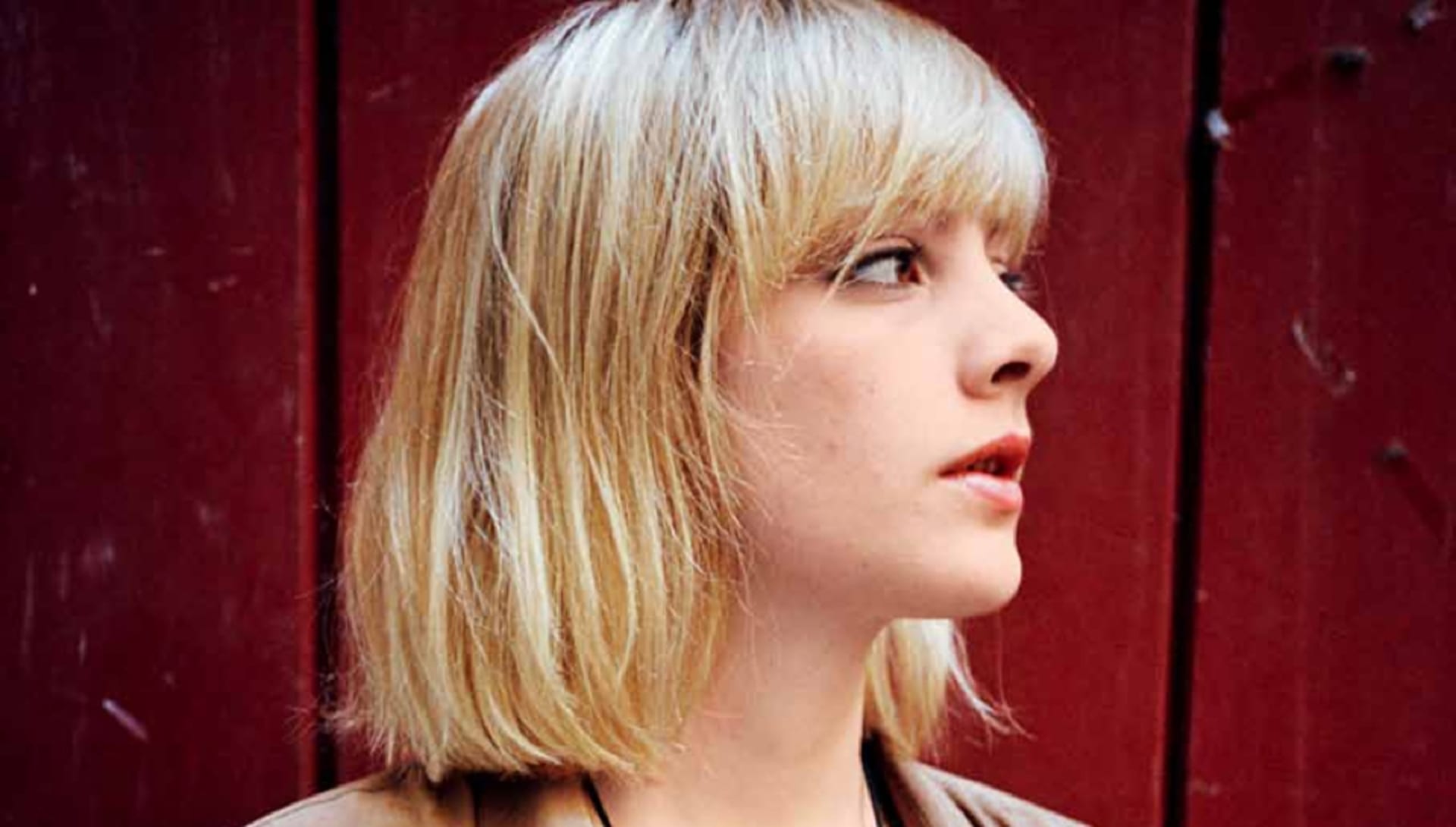
Ms. Style Icon: Anika on Marlene Dietrich
Ever since she was a kid, former political journalist turned singer Annika Henderson, aka Anika, has been intrigued by the power and androgyny of Marlene Dietrich. Listening to the Dietrich’s deep-voiced crooning together with her grandfather proved to be a formative experience for the Berlin-based musician, whose own deadpan delivery with indiedubbers Beak> (together with Geoff Barrow) has reinfused the female vocal with masculinity. Here, Anika explains how her style icon represented the apogee of female strength by having worn men’s clothes and fighting Nazis.
I’m half German and half English, and I believe there are certain German qualities that you can’t deny. Being brought up by a German mother but growing up in England has left me stuck in the middle. In England, I’m sometimes perceived as especially blunt, which often gets taken the wrong way. On the other hand, English oversensitivity means that I end up taking things the wrong way when I’m in Germany, experiencing bluntness from a German person. Marlene Dietrich was obviously German, with certain traits she rejected because she associated them with the Nazis, and, of course, didn’t follow that ideology. However, there’s a specific German attitude from that era which was very dif- ferent to America or England; that unrelenting pluckiness “We’re going to keep on and do this properly” attitude; a strong female attitude.
It was this attitude that has always appealed to me. Dietrich always seemed like she just didn’t care, that she just did what she did in spite of the numerous challenges she faced in dealing with Nazis and leav- ing a place she grew up—a place she loved but which had changed so radically that she was forced to reject it. And not only reject: she literally fought against the Germans. That took courage and principle, and even though she’s an actress, you feel like you can see something of that when watching live performances of her singing, or even in early films like The Blue Angel or Shanghai Express. It’s as if she would always appear in a cloud of smoke—ta dah! As a performer, I admire that kind of stage presence, because that’s what it is, really. But I don’t mean it in a superficial sense, like, she’s a “performer”, I’m a “performer” . . . I’m referring to androgyny, and how the manifestation of both the male and the female has gave her true power, while still allowing her to remaining desirable.
Of course, being a woman in the entertainment industry isn’t easy, but back then it was another thing all together, I imagine. Her success is a sign to me that she was relentless in her need to be in complete control of what she was doing—her identity, her image and the people she surrounded herself with. If you listen to her voice and compare her to a lot of movie stars around at that time, like, say, Doris Day, you can tell she was a very different kind of star. Day was the all-around girl-next-door type. Dietrich was the girl from, well, your dreams and nowhere else. You get that in pioneering, early showbiz types, and in artists of that era on both sides of the lens, like the war photographer Lee Miller who also took some great shots of Dietrich.
I’ve often visited the film museum in Berlin where they have all of Dietrich’s different outfits and it’s funny how small they seem. She was obviously quite short, which you’d expect from someone back then but not necessarily of her. Of course, they’re still very striking, from the incredibly masculine suits to the flowing ball gowns. Only an icon could pull off both. ~
–
This text appeared first in Electronic Beats Magazine N° 31 (Fall 2012). Read the full issue on issuu.com:
Published November 10, 2012.
